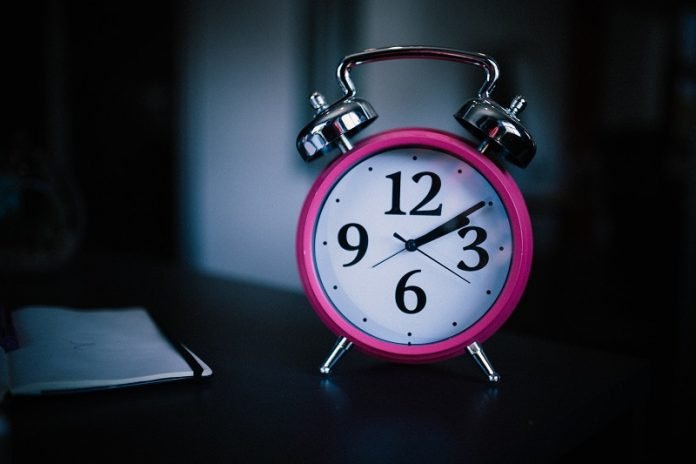
In a study from Zhejiang University and elsewhere, scientists found insomnia could cause lower back pain and vice versa.
Throughout the course of their life, most humans are likely to experience some form of lower back pain.
This pain is sometimes linked to injuries, chronic back issues, medical conditions, the menstrual cycle or pregnancy, and other underlying physiological causes.
In many cases, however, pinpointing the origin of lower back pain is difficult, despite its severity and its potential impact on the day-to-day life of those affected.
Some studies have found associations between lower back pain and different psychological and social factors, including gender, body weight, smoking habits and mood disorders.
More recently, research also linked this sometimes crippling experience to insomnia and sleep disturbances.
In the current study, the team tried to better understand the relationship between sleep and lower back pain.
They examined the self-reported and genetic data of over 400,000 people of European ancestry, collected as part of the genome-wide association study (GWAS) by the UK Biobank.
The researchers’ analyses focused on different factors associated with poor sleep quality, including insomnia, long sleep duration, short sleep duration, and daytime sleepiness.
Their findings suggest that there is a bidirectional causal link between insomnia and lower back pain, with each potentially causing the other.
In addition, they found that lower back pain could cause daytime sleepiness, although not the opposite.
The team says these results could inspire further studies exploring the relationship between poor sleep and insomnia, potentially incorporating people with other ethnic and genetic backgrounds.
In addition, the work could promote the exploration of interventions for lower back pain that also target insomnia and unhealthy sleeping patterns.
If you care about sleep, please read studies about shorter sleep linked to higher risk of chronic diseases, and scientists find drugs that could treat sleep loss and insomnia.
For more information about wellness, please see recent studies that Krill oil could improve muscle health in older people, and heavy blankets could increase melatonin and improve sleep.
The study was conducted by Ge Luo et al and published in Frontiers in Neuroscience.
Copyright © 2023 Knowridge Science Report. All rights reserved.



